Activities
Since its foundation in 2001, the FSFE has been working every
single day to further Free Software in Europe and beyond. With
our concrete activities, based upon the three pillars of our work, we
focus on protecting and extending user rights. Some of our
actions run for many years, some are aimed at short-term
developments, but all are part of our mission: empower users
to control technology.
Another major part of our work consists of continuous engagement
and background work. We are present at dozens of conferences per year,
support and maintain an excellent community and
provide it with helpful resources. Furthermore, we are a
prominent contact point for all questions and enquiries around
software freedom, and user rights.
-
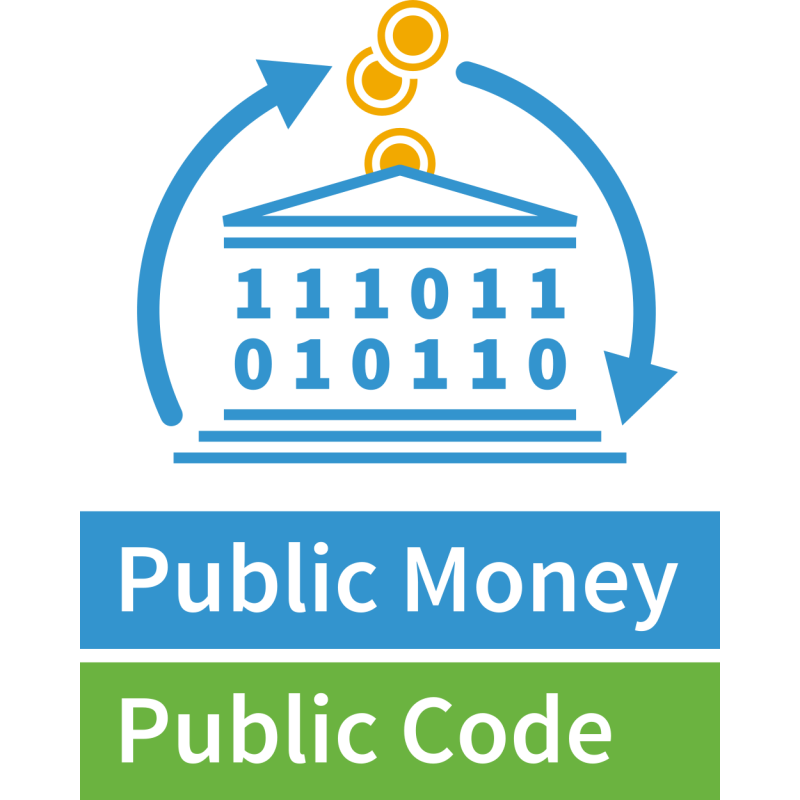
Why is software created using taxpayers' money not released as Free Software? We want legislation requiring that publicly financed software developed for the public sector be made publicly available under a Free and Open Source Software licence. If it is public money, it should be public code as well. Code paid by the people should be available to the people!
-
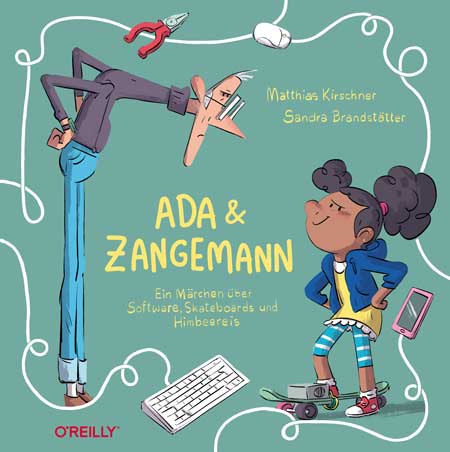
The illustrated book "Ada & Zangemann - a tale of software, skateboards, and raspberry ice cream" by the FSFE, tells the story of the famous inventor Zangemann and the girl Ada, a curious tinkerer. Ada begins to experiment with hardware and software, and in the process realises how crucial it is for her and others to control technology.
-
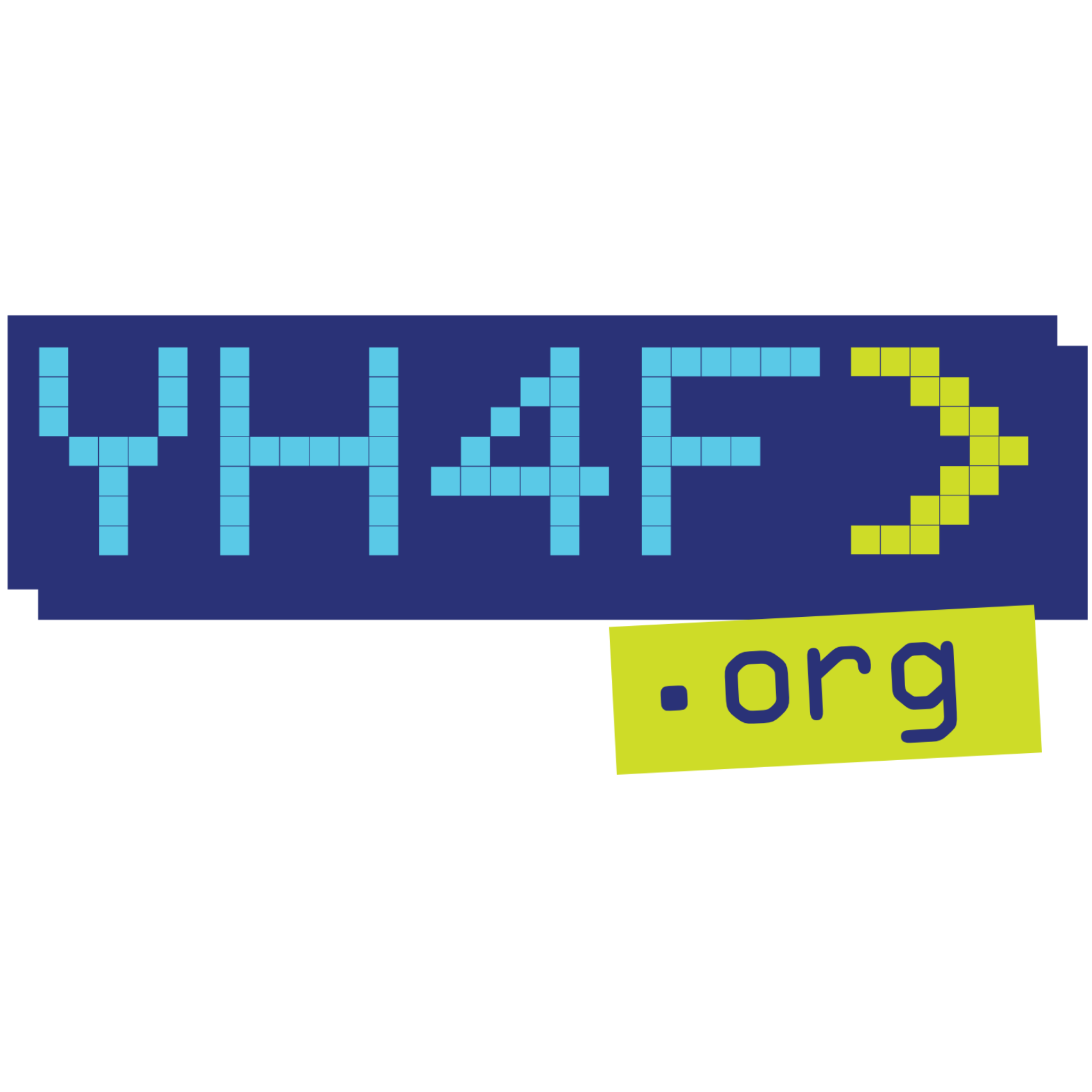
Young people, from all over Europe, compete in Youth Hacking 4 Freedom to win cash prizes by creating programs of their choice licensed as Free Software. The six winners will be invited to the Award ceremony weekend. Youth Hacking for Freedom inspires people to learn programming and to collaborate.
-
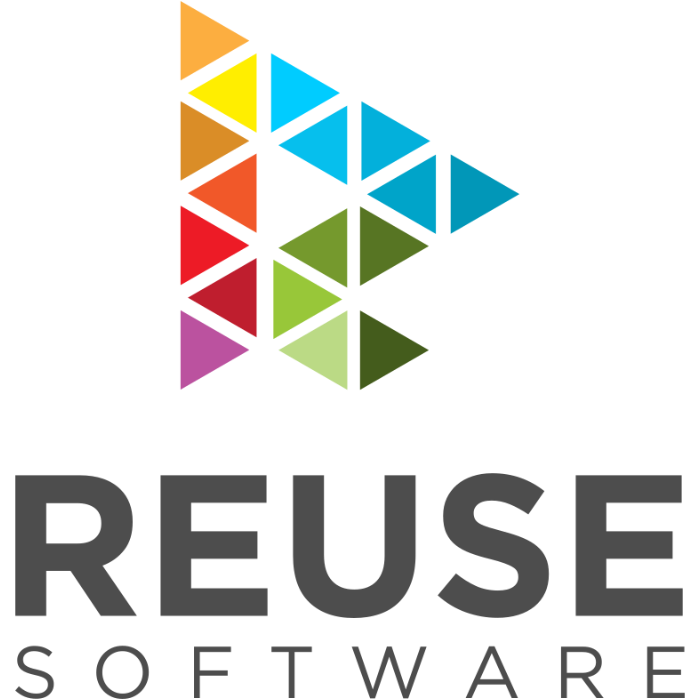
The FSFE is running a project to make licensing easy for humans and machines alike. It solves a fundamental issue that Free Software licensing has at the very source: what license is a file licensed under, and who owns the copyright? REUSE provides easy recommendations in three steps that help users, developers and legal professionals.
-
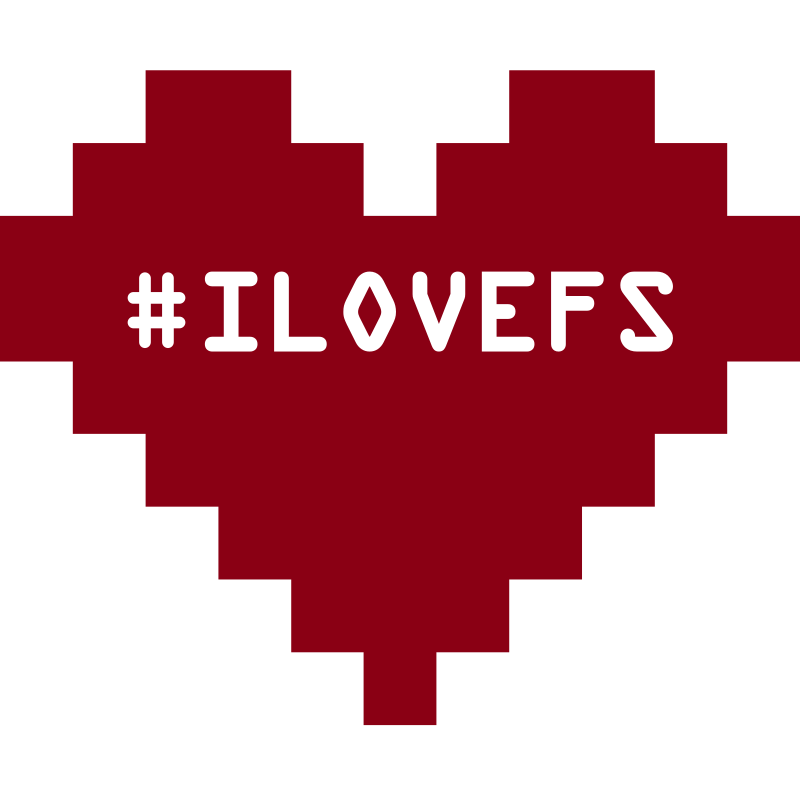
We often underestimate the power of a simple Thank
You. Free Software contributors do important work for our society and the "I Love Free Software Day" on 14 February is the perfect opportunity for you to express your special gratitude. Since 2010, we have celebrated this wonderful annual event with an ever-growing and diverse community. ♥ ♥ ♥
-
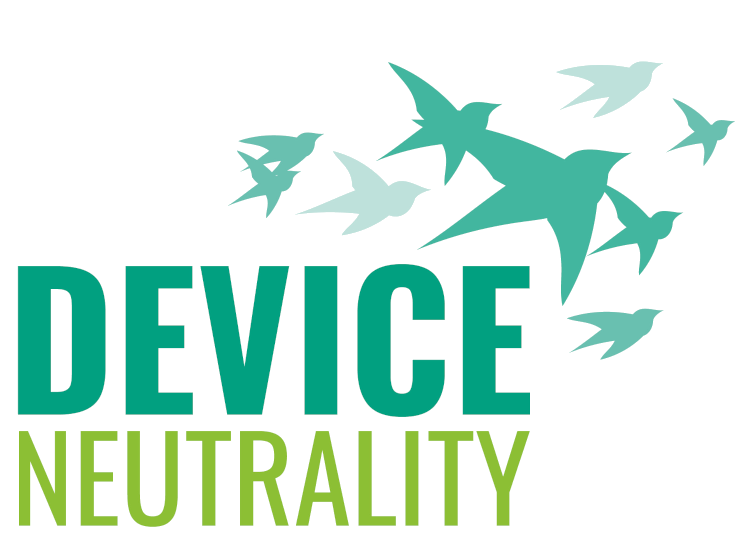
Although digital devices are ubiquitous today, the number of devices on which users cannot run Free Software is exponentially increasing. The consequence is an increased loss of control over users’ technology. Device Neutrality aims to enable end-users to bypass gatekeepers to have a non-discriminatory use of Free Software on their devices.
-
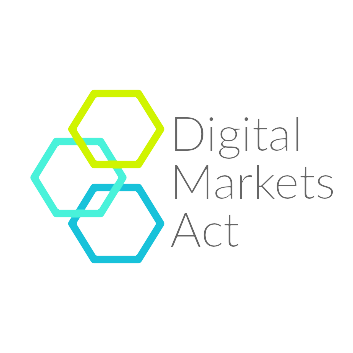
Device Neutrality is the policy concept to regulate monopoly over
devices and re-establish end-user control over their digital equipment.
The Digital Markets Act (DMA) regulates the economic activity of large
digital platforms and introduces Device Neutrality in the EU
legislation, fostering access to Free Sofware in Devices.
-
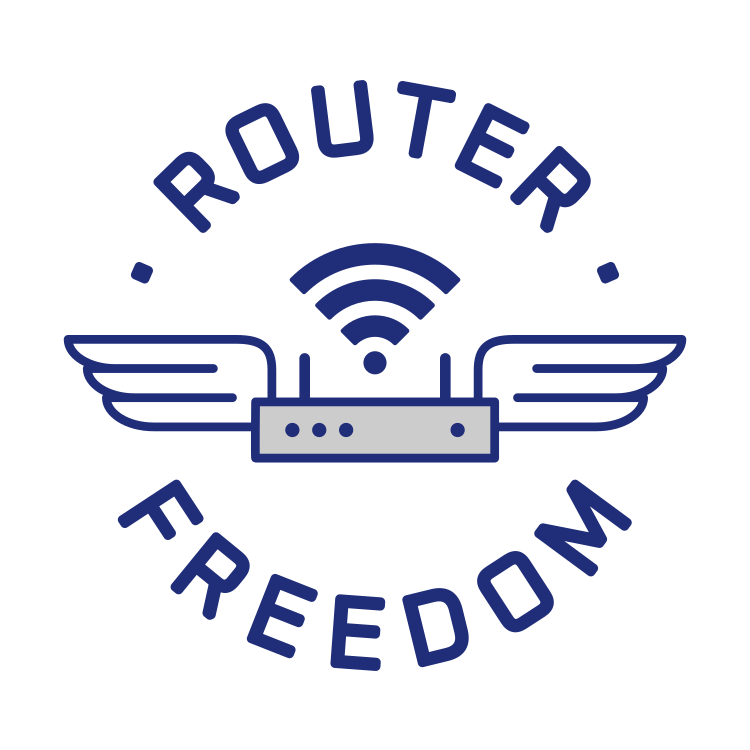
Although we should be free to choose the technical devices we use in our private lives, some European Internet Service Providers are dictating which device their customers have to use to connect to the Internet, or discriminating against owners of alternative devices. This undermines our basic freedom of choice.
-

Android is a mostly free operating system but unfortunately the drivers for most devices and most applications in the built-in store are not Free Software. This initiative helps you to regain control of your Android device and your data.
-
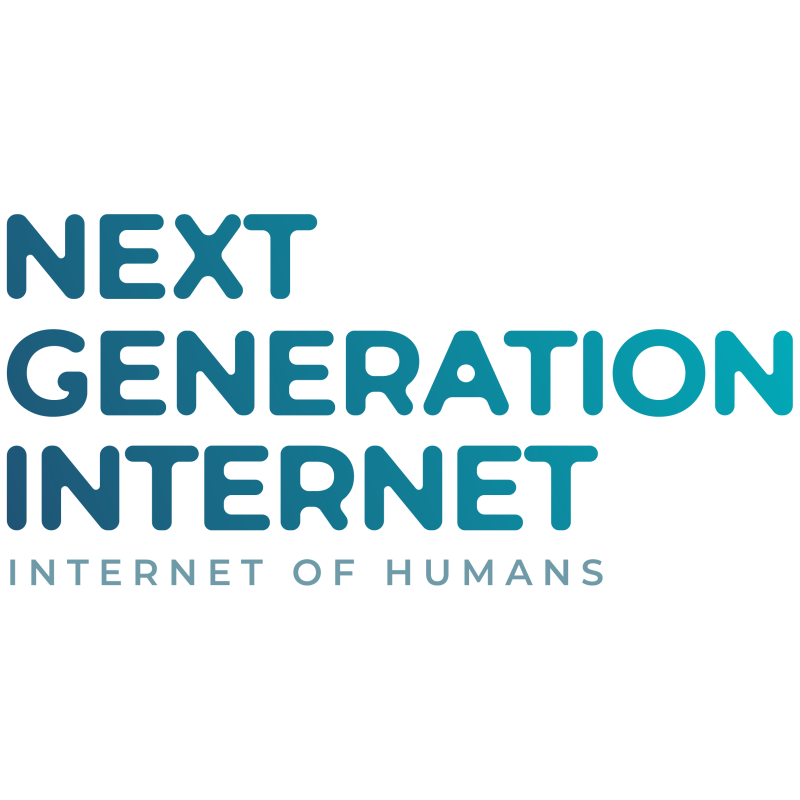
The FSFE is a partner organisation of NGI, a coalition of non-profit organisations from across Europe. Funded by the EC, it provides grants to work on new ideas and technologies that contribute to the establishment of the Next Generation Internet. The FSFE provides legal support for these projects.
-
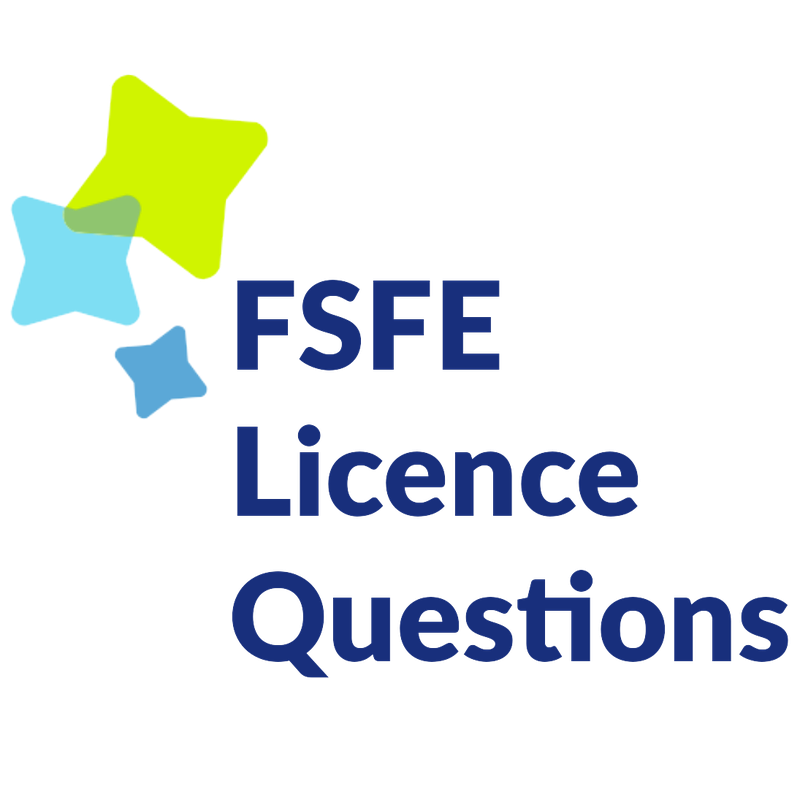
The FSFE’s Licence Questions mailing list is our group of volunteers dedicated to provide help with Free Software licences and compliance. If you need advice on what Free Software licence you should use, or if you want to know more about what rights you have over a piece of Free Software, you can contact us.
-

The FSFE is part of these European consortium to promote and raise awareness about the importance of Free Software, Open Data, and Open Hardware among academia, business, industry, and innovation supporting organizations. As a big part of our work, we are promoting the REUSE specification as an important element for licensing compliance.
-

The Legal Network is a neutral, non-partisan, group of experts involved in Free Software legal issues with currently several hundreds of participants from different legal systems, academic backgrounds and affiliations. The aim of the Legal Network is to promote discussion and foster better knowledge of the legal constructs that back Free Software.
More Activities
-
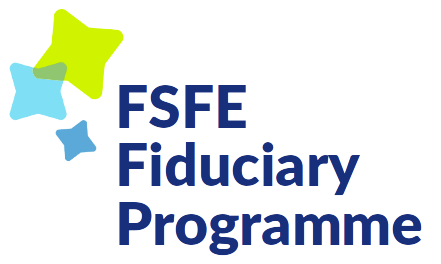
The Fiduciary License Agreement (FLA) allows software projects to assign and consolidate copyrights to a named fiduciary, for the effective management of their copyright status by this fiduciary. This permits developers to focus on making great applications, rather than spending their time dealing with legal administration. While the FSFE no longer accepts new projects under the Fiduciary Programme, we continue to offer customisable versions of the Fiduciary License Agreement (FLA) for your use.
-

Keep using your phone with Free Software. Upcycling Android explains
the issue of software obsolescence in the Android world and helps
people flashing their phones with Free Software operating systems.
-
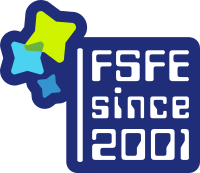
In 2021, the Free Software Foundation Europe turns 20. Throughout
this time we have empowered users to use, study, share, and
improve software. In 20 Years FSFE, we thank everyone who helped
us along the way. Here you will find interviews discussing the
FSFE progress as well as technological issues. You are welcome to
celebrate with us!
-
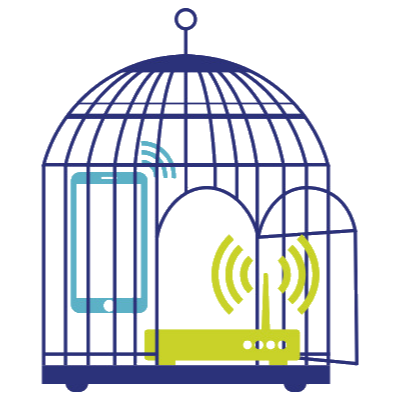
An EU regulation may make it impossible to install a custom piece of
software on most radio devices like WiFi routers, smartphones, and
embedded devices. It requires hardware manufacturers to implement a
barrier that disallows users to install any software which has not been
certified by them.
-

What could be a better time to ask politicians about their stance on Free
Software and Open Standards than the run-up to an election? We believe we
can and should raise these issues in all elections, European, national,
regional and local. Depending on the electoral system and culture, we use
different strategies and tools.
We are working towards a world where software does what software
users want it to do. For this, software users must be able to
participate in the development and distribution of the software.
Software patents block this goal by adding legal and financial
risks to software development and distribution and by giving the
patent holders legal power to completely prohibit software
developers from using the patented ideas.
-

An initiative to bring Free Software in the education sector by increasing
the digital sovereignty and competence of students and teachers. Created by the
Zurich chapter, 'Lernen wie die Profis' was awarded the DINAcon Award. The activity is in German.
The PDFreaders initiative aims to shine a spotlight on government
organisations that promote proprietary PDF readers. With the help of
activists across Europe, we have contacted these organisations and told
them how they can improve their websites to respect our freedom. On
pdfreaders.org
we present Free Software PDF readers for all major operating systems.
DRM.info is a collaborative platform initiated and maintained by the FSFE to
inform about the dangers and concerns of the Digital Restrictions Management.
Contributors to DRM.info include digital freedom, consumer protection, net
activism and library organisations.
In 2001 the European Union started investigating Microsoft's dominant
position in the market for desktop operating systems. The FSFE represented
the interests of Free Software developer as a public interest organisation
who cannot be bought off. Thanks to the excellent work by all involved
parties, the case was won in all rulings up to the European Court of
Justice in 2012.
-

The Free Software Foundation Europe (FSFE) regularly participates in various conferences across Europe. These events feature talks and workshops aimed at discussing the diverse activities conducted by the FSFE. Here, you will find a compilation of the latest reports from these engaging events.
-

Software users must be able to participate in the development and
distribution of software in order to have a world where software does what
software users want it to do. Software patents block this goal by adding
legal and financial risks to software development and distribution, and by
giving patent holders the legal power to completely prohibit software
developers from using the patented ideas.
FOSS4SMEs was a two-year collaborative Erasmus+ project to spread and
increase knowledge about Free Software. The FSFE collaborate with the other
partners to develop free online educational resources for managers and
employees of small and medium-sized enterprises (SMEs).
Since its founding in 2001, the FSFE has been instrumental in a successful
antitrust case, kept software patents unenforceable in Europe, averted a
veritable apocalypse for small and medium sized tech companies, and set
groundbreaking legal precedents for the whole of the EU.
The Slovak company EURA Slovakia has been facing EUR 5600 in
fines because it did not buy and use the Microsoft Windows
operating system for submitting electronic tax reports. Slovak
tax administration gave EURA only two options: either to buy and
use Microsoft Windows or face the fines. The FSFE assisted in
this case to advocate for platform-neutral solutions for such
procedures instead. Unfortunately, the court decided against Free
Software and Open Standards, but we were able to raise awareness
about these wrongdoings in Slovakia and beyond.
This activity was specifically targeted at the Dutch education sector, with
the aim of enabling citizens to have free access to education and public
institutions, both online and offline. By promoting the mandatory use of
Open Standards and platform-independent access to all materials, students
and parents will be able fulfil their potential for personal growth and
development without being dependent on a company.
Can a company modify GPL-licensed software on a third-party
device? The router manufacturer AVM accused Cybits of copyright
infringement and trademark claims because they modify the
original router firmware which is largely based on the Linux
kernel. Together with gpl-violations.org we successfully
convinced the court that the provisions in the GPL license are
binding: software under this license can be freely modified and
installed even if it is shipped as part of an embedded device's
firmware.
The European Commission funds research and development through official
framework programmes (FP for short). From 2007 these framework programmes
were used to select projects for support until 2013. The FSFE played a
central role in supported projects related to Free Software.
STACS (Science, Technology and Civil Society) was a project that sought to
bridge the gap between civil society and research in order to increase the
societal relevance of research being done. The project aimed to accomplish
by educating both civil society organisations and researchers, and finding
common projects to work on for the future.
The Internet Governance Forum (IGF) is a global policy discussion forum of
the United Nations, established as an outcome of the UN World Summit on
the Information Society (WSIS). FSFE followed the IGF to ensure that
policy discussions will not endanger digital freedom in general and Free
Software in particular.
The SELF project (Science, Education and Learning in Freedom) aimed at
creating a repository of educational materials on Free Software and Open
Standards. It did this by providing a platform for the collaborative
development of educational materials, as well as by engaging in the
development of educational materials that were missing in the field today.
Since the beginning of the standardisation process for Microsoft's Office
Open XML - OOXML (hereafter MS-OOXML), the FSFE has raised serious doubts
about whether MS-OOXML can be considered open. FSFE was the first to raise
the issue in the community, led the movement against the standardisation
of MS-OOXML, and has been closely following developments over the years.
A second Intellectual Property Rights Enforcement Directive was proposed
by the European Commission. It aims to criminalise all "intentional,
commercial-scale" infringements and allow rights holders to participate in
investigations. The FSFE pointed out to the EU institutions how such laws
encourage abuse of the legal system and have a chilling effect on
law-abiding activities.
The June 29th 2007 release of version 3 of the GNU General Public
License (GPL) marked the end of an eighteen month public
consultation process. During this time, the FSFE worked to raise
awareness of the changes proposed for the licence, to help the
community to participate in the public consultation, and to
document the ongoing discussion to make this topic as accessible
as possible.
The World Intellectual Property Organization (WIPO), one of the 16 specialised
agencies of the UN system, administers 23 international treaties dealing with
various aspects of limited monopolies on knowledge. As an observer to WIPO, and
together with a global coalition of other actors, the FSFE worked to transform
WIPO into a "World Intellectual Wealth Organisation".
The World Summit on the Information Society (WSIS) was a two-summit UN conference
organised by the ITU to propose important cornerstones for the information and
knowledge society. The FSFE participated with other civil societies to ensure
that the principles of the digital age would protect digital freedom, knowledge
sharing, access to information and Free Software.
The Brave GNU World was a monthly column published from 1999 to 2004,
addressed at both technical and non-technical readers. Its aim was to
provide an insight into current projects and developments based on the
Free Software philosophy. The Brave GNU World was translated into 9
languages, making it probably the most widely distributed monthly column
in the world.
Funding of research and development by the European Commission is usually
done within the "framework programmes" (FPs). These last for four years and
FP6 started officially on December 17th, 2002. The FSFE sought to help with
Free Software related activities in FP6.
The GNU Business Network had the vision to network all companies,
developers and users in and around Free Software in a way that the
potential synergies are encouraged and informed decisions become possible.
The objectives were to have Free Software classified as an intangible
world cultural heritage by UNESCO, and registered in the World
Memory Register (another UNESCO project). The Free Software
community and UNESCO share the same values of freedom, equality, and fraternity. Such a recognition would be a great promotion
of Free Software.
The AGNULA project aimed at the creation of a fully functional, entirely
Free Software GNU/Linux distribution for professional audio
users. It is a project run by key players in the audio field
with funding by the European Commission. The FSFE as a
partner of this project is taking care of the legal issues, the
long-term aspects and also making sure the Free Software
community interests are heard.
The European Copyright Directive (EUCD) was the European
equivalent of the U.S. Digital Millennium Copyright Act (DMCA).
These laws not only lead to the creation of monopolies and
cartels, they also provide serious impediments to the Freedoms of
speech and press, as they provide means for digital censorship.
The FSFE was actively involved in the resistance against
such harmful legislation.
The TUX&GNU@school column was a regular column about Free
Software in education written by by Mario Fux. It informed about
educational Free Software, useful web sites on the topic and
other interesting topics for teachers, students and all software
freedom advocates.
Free Software is often referred to as "Open Source". But we are
convinced that Free Software is the better term: easier to
understand, harder to abuse, well-defined, providing additional
value, and offering freedom. We connected companies,
organisations and even co-founders of the Open Source movement
that prefer to use the term Free Software.



















